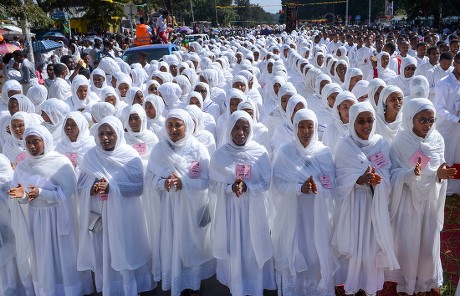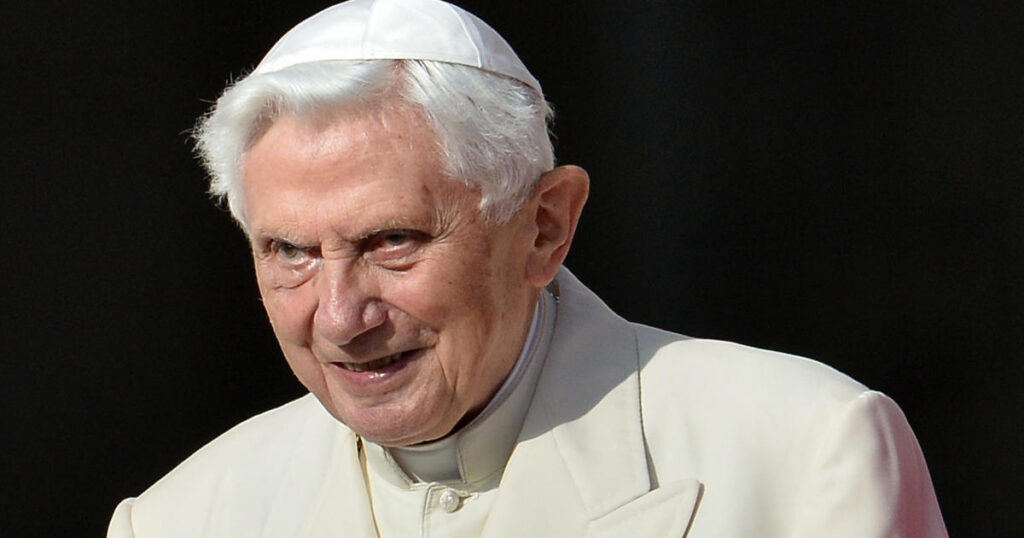Crowds of Ethiopian Orthodox flocked to the town of Lalibela to celebrate Christmas two months after the cease-fire agreement in the hopes of a long-awaited reconciliation.
Africa’s largest Christian site returned to the excitement and fervor of Genna, a significant religious festival, after two years of destructive war in northern Ethiopia between the federal government and rebels in the Tigray region.
Tens of thousands of worshipers of all ages invaded the city of Lalibela, which is known for its 12th and 13th century churches carved into the rock and recognized as a UNESCO World Heritage Site, while dressed in their immaculate netelas (a white shawl covering the head and shoulders).
There haven’t been as many people lately. A government-rebel conflict that started in Tigray in November 2020 and briefly spread to nearby regions is only about 40 kilometers away from this town in the Amhara region.
Lalibela has shifted sides four times in the conflict that has consumed it for several months.
It was captured by pro-government forces on December 1 after being taken by Tigrayan rebels during an offensive in the middle of 2021, but it was lost to the rebels again ten days later. After giving Tigray notice of their departure, the latter finally left it at the end of December.
After accusing the Tigray People’s Liberation Front (TPLF), the region’s ruling party, of attacking army bases, Prime Minister Abiy Ahmed sent troops into the region’s north.
There are many different estimates of casualties, with the United States estimating that up to 500,000 people have perished.
In addition, the conflict sparked one of the worst recent humanitarian catastrophes in the world, uprooting over two million people and bringing hundreds of thousands to the verge of famine.
The disarmament of rebel forces, the restoration of federal authority in Tigray, the reopening of access to the area, the gradual resumption of humanitarian aid, and the restoration of essential services were all included in a deal that was signed on November 2 in Pretoria, South Africa (electricity, banking, transport, etc.).
On December 22, when both parties decided to develop a joint monitoring and compliance mechanism, the procedure accelerated.
The African Union declared that a mission to oversee the implementation of the peace agreement had also begun.
Uhuru Kenyatta, a former president of Kenya, and Olusegun Obasanjo, a former president of Nigeria, were both present at the mission’s launch in Mekele.
The first federal delegation to visit Mekele following the signing of the peace accord did so with the CEOs of significant businesses.
After an 18-month hiatus, the national airline Ethiopian Airlines has started operating regular flights between the capital Addis Abeba and Mekele.
The devastated area is beginning to receive aid, and some crucial services are being restored.
The largest bank in the nation, the Commercial Bank of Ethiopia, announced on December 19 that financial operations had resumed in some towns while Mekele was reconnected to the national grid on December 6. In Tigray, phone communications have also begun to resume.








